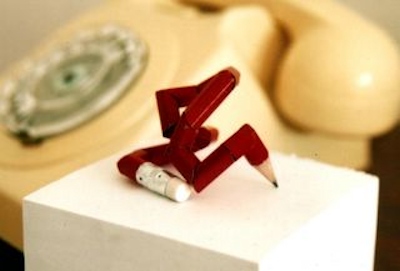New Book: Dirty Old London: A History of the Victorians’ Infamous Filth
NPR Radio did a special report on the new book by Lee Jackson, “‘Dirty Old London’: A History Of The Victorians’ Infamous Filth.”
In the 19th century, London was the capital of the largest empire the world had ever known — and it was infamously filthy. It had choking, sooty fogs; the Thames River was thick with human sewage; and the streets were covered with mud.
But according to Lee Jackson, author of Dirty Old London: The Victorian Fight Against Filth, mud was actually a euphemism. “It was essentially composed of horse dung,” he tells Fresh Air’s Sam Briger. “There were tens of thousands of working horses in London [with] inevitable consequences for the streets. And the Victorians never really found an effective way of removing that, unfortunately.”
In fact, by the 1890s, there were approximately 300,000 horses and 1,000 tons of dung a day in London. What the Victorians did, Lee says, was employ boys ages 12 to 14 to dodge between the traffic and try to scoop up the excrement as soon as it hit the streets.
To the public health-minded Victorian, London presented an overwhelming reform challenge. But there wasn’t change until the city took over.
“It takes decades for people to accept that the state perhaps has a role in how they manage their household, how they manage their rubbish, their toilet facilities even,” Lee says. “The state basically does intervene and it is that idea of a central authority that is actively concerned — what the Victorians would’ve called ‘municipal socialism.’ … That mission to improve people’s lives on a very day-to-day basis was carried on throughout the 20th century.”
You can listen to the interview and read the interview highlights on NPR.

Reply